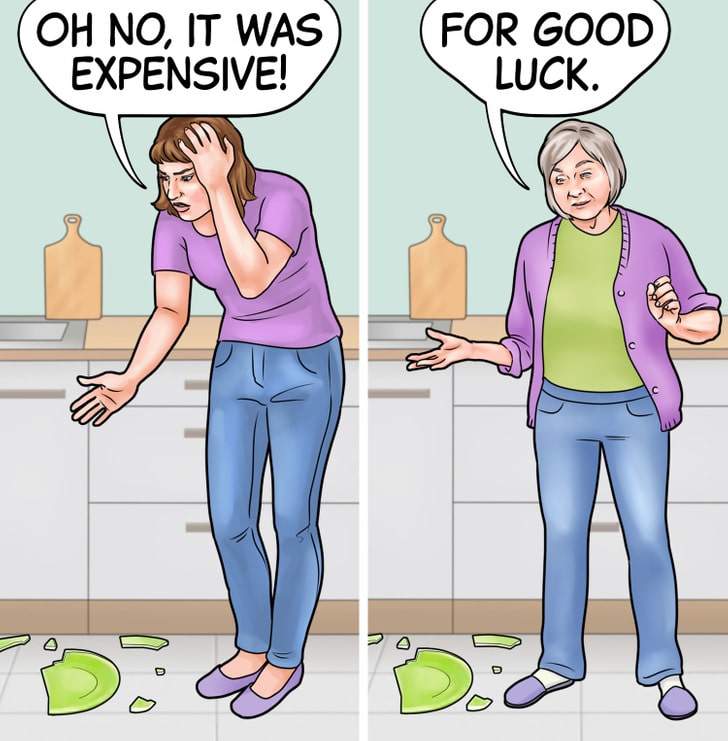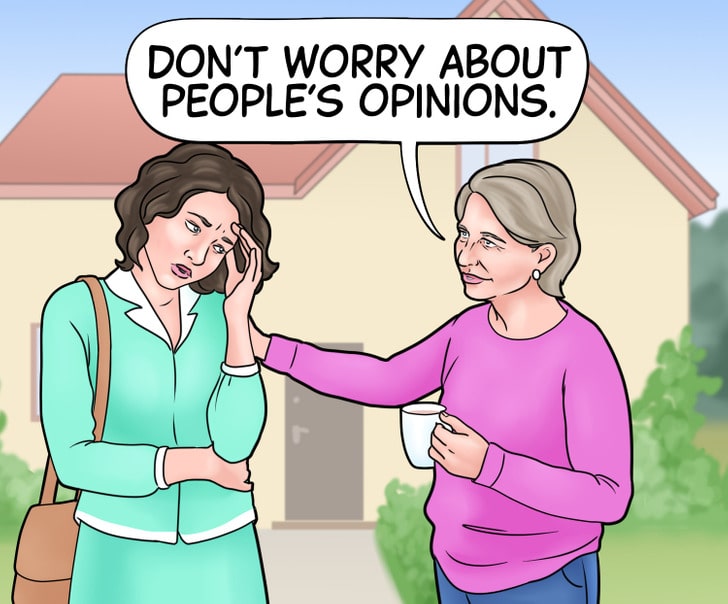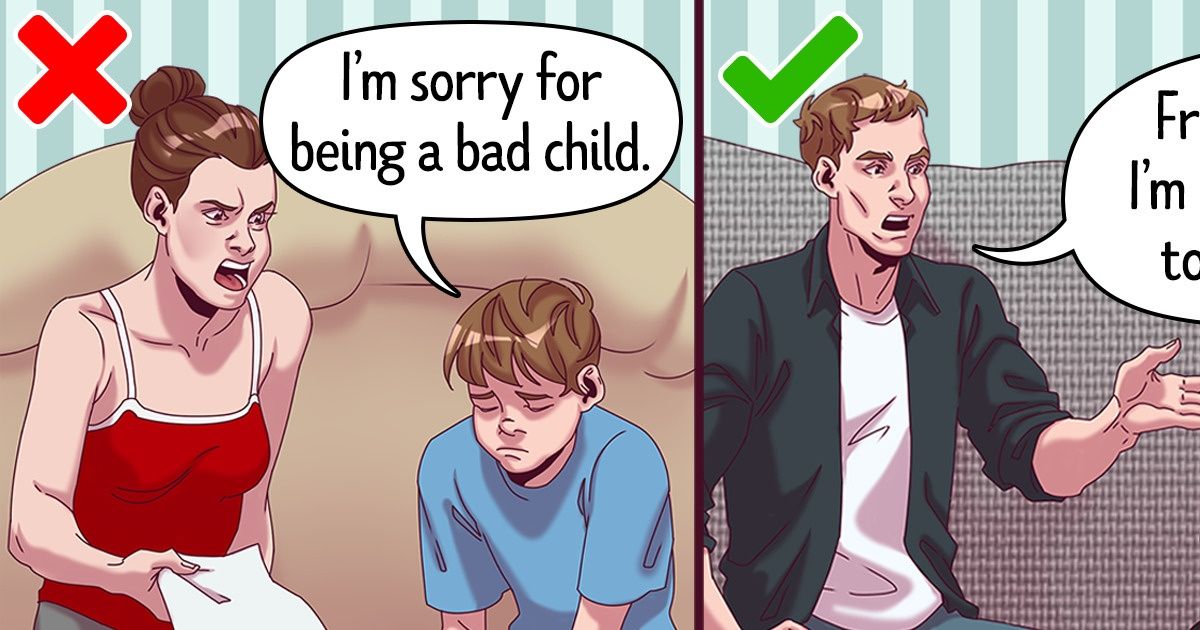Emotions are inevitable, but they also change over time, and if you thought they would stay the same, you’re about to make a new discovery. It is necessary to understand how aging affects our emotions so that you can finally understand why your grandfather acts the way he does, for example.
We are excited to dive in and share the reasons older people might be happier, according to the survey.
Older people are better able to cope with anger.

We have all likely witnessed or experienced bullying when we were younger, and our sensitivity to it was much greater than it is now. Young teens may be angrier because they don’t know how to properly analyze and share their feelings.
Their hormones during puberty can greatly affect their moods and they can’t handle big feelings like anger like adults.
In a way, time takes away some of the anger. Older people use their past experiences to better deal with anger. They also tend to end up living with fewer people and participating in fewer life events, with fewer triggers in their lives.
They also have more positive emotions and a positive outlook.

While we experience less fear and anger as we age, our sensitivity to identifying happiness remains the same and slowly builds as we age. That’s probably why kids are so excited to go to their grandparents’ house!
Older people also have a different mental perspective when it comes to aging. The more aware they are that they have little time, the more they tend to get into situations that include positive emotions and get rid of negative ones.
The elderly are less likely to worry.

While it seems logical that older people are more concerned about their health problems and less social relationships, they are actually much less concerned than young adults.
They are fully aware that they change as they get older, which makes them more able to cope and accept who they are, leading to less worry. However, if they find it difficult to see the bright side, they use emotional regulation strategies to appropriately diminish these distressing feelings.
Do you have an older relative who is less sensitive to emotions?









